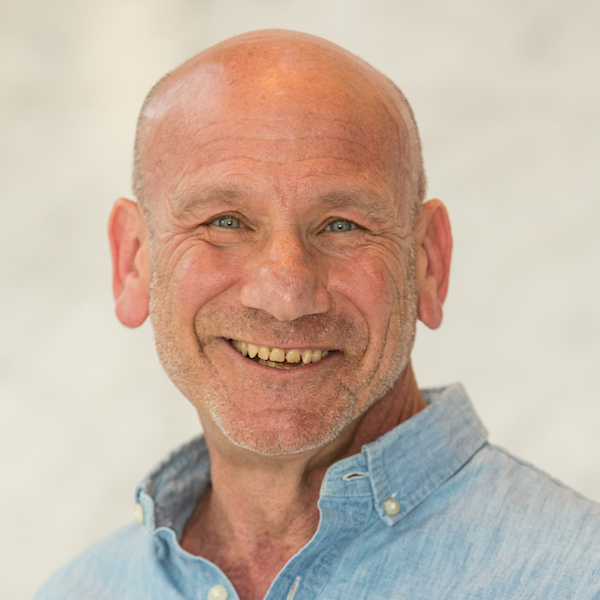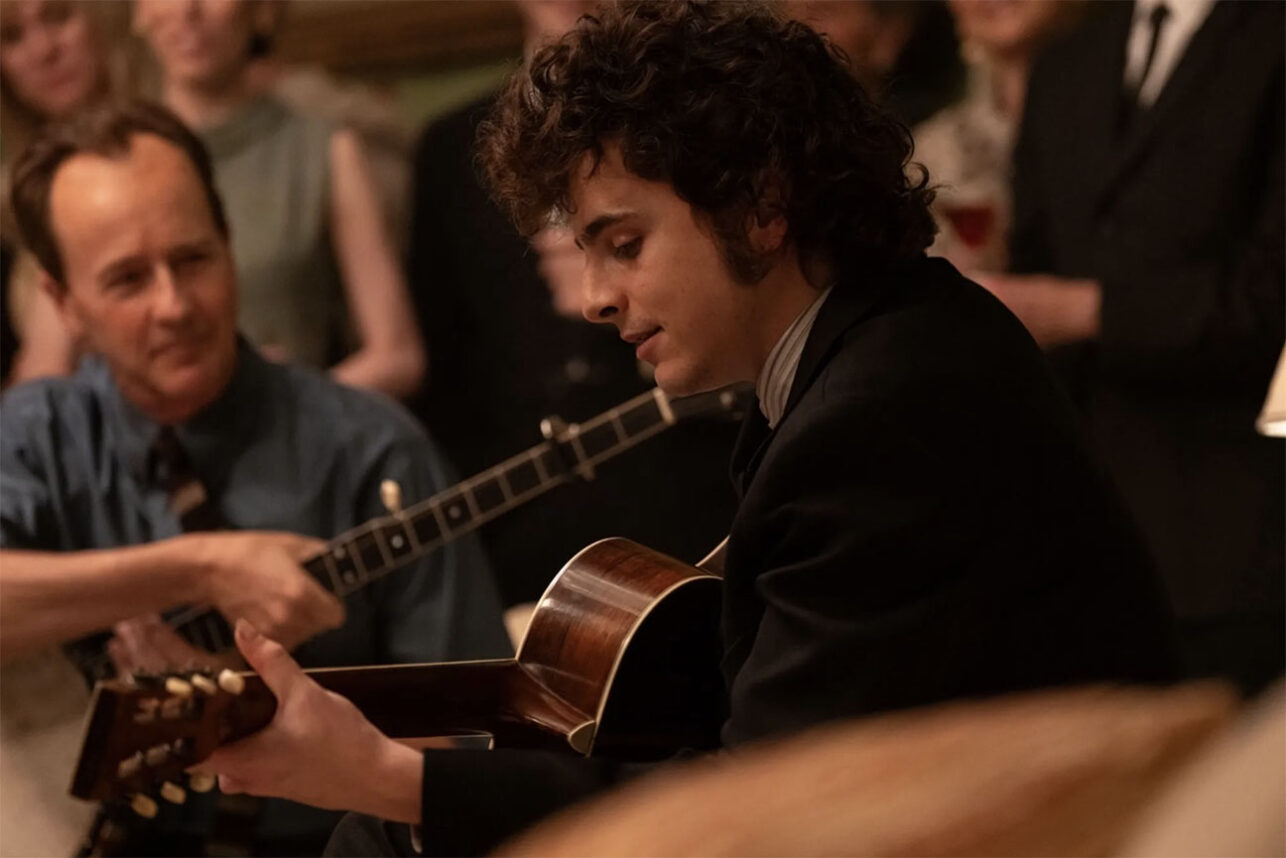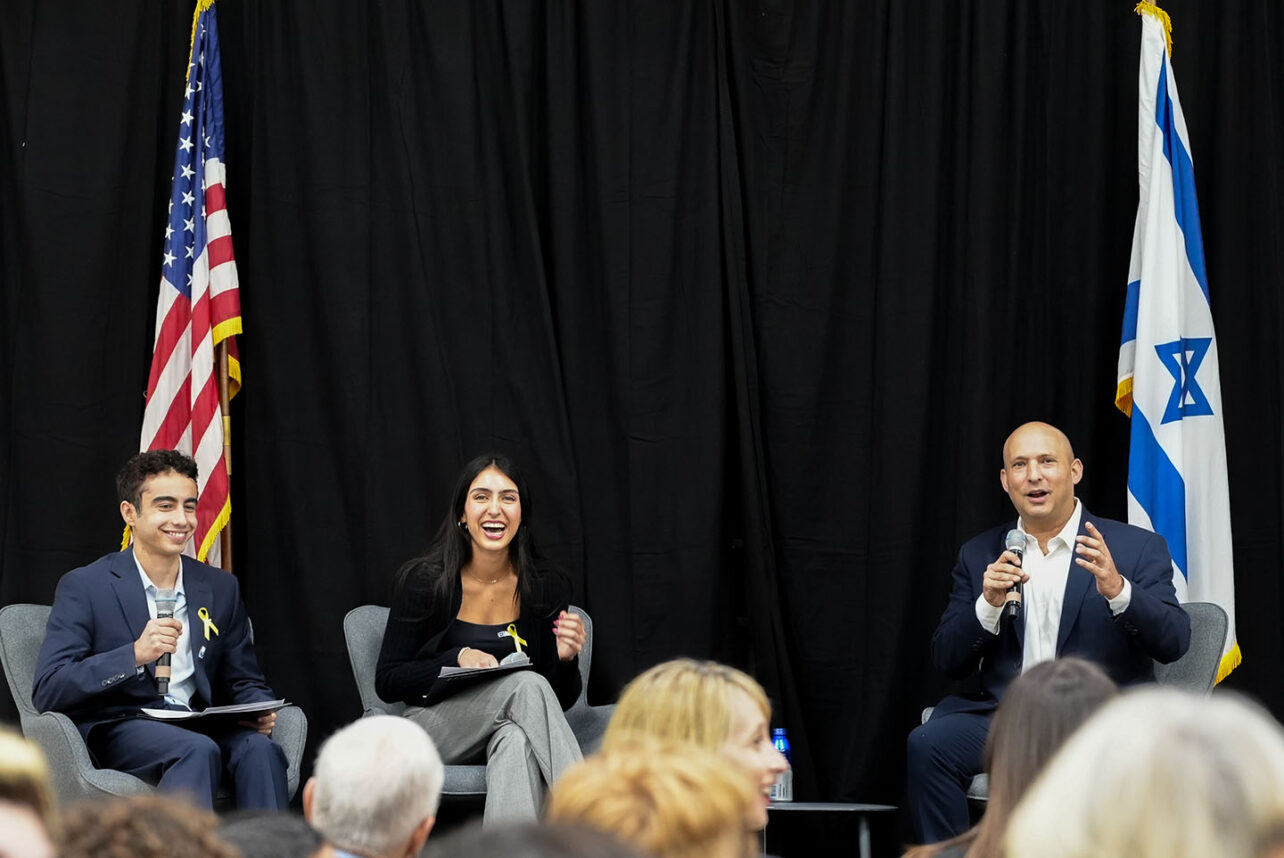What does it say about higher education that you can graduate from Yale and still believe that “>declare, “I never saw a body with bullet holes that was more devastating than taking the right to arm ourselves away”?
Along with Donald Trump, Dr. Ben Carson is way ahead of the pack for the Republican presidential nomination. When Trump, an alumnus of the University of Pennsylvania’s Wharton School, “>denies that climate change is man-made, or “>blames gun control for the extent of the Holocaust, I think he truly believes it.
It’s conceivable that the exceptional hand-eye coordination and 3D vision that enabled Carson to separate conjoined twins is a compartmentalized gift, wholly independent of his intellectual acuity. But he could not have risen to the top of his profession “>without knowing that life on earth began more than 6,000 years ago (pre-meds have to take biology), “>spouting scientific nonsense?
This hasn’t hindered his campaign. Participants in “>report, 46 percent of Carson supporters (and 61 percent of Trump supporters) think President Obama was not born in the U.S., and 61 percent of Carson supporters (and 66 percent of Trump supporters) think the president is a Muslim. Carson’s being called brilliant by that base ain’t baffling.
What I don’t get is how his rigorous scientific education and professional training gave Carson’s blind spots a pass. Was it, in George W. Bush’s memorable phrase, “the soft tyranny of low expectations”? Or was it the tyranny of fundamentalism over facts?
In the humanities, the equivalent conundrum is the failure of a deep appreciation for masterworks of art, literature and music to instill virtue. I first came across this disturbing indictment when I was an undergraduate at the chief rival of Carson’s alma mater. My field of concentration (Harvard’s pretentious term for “major”) was molecular biology, and I would have quickly flamed out if I’d maintained that science was consistent with creationism, or any of the other canards that survived Carson’s education. But I was also in love with literature, and ended up with a doctorate in it. On the way there, what troubled me about my studies was an essay called “To Civilize Our Gentlemen” by George Steiner. Its thesis ran so counter to the bedrock of an elite education – the belief that the humanities humanize – that I went to England for two years to study at Cambridge with Steiner, as passionate an embodiment of academic high culture as could be, in order to reconcile my love for humanistic learning with its apparent inability to prevent barbarism.
My copy of the essay, and the book it appeared in, “Language and Silence,” is full of a 20-year-old’s underlining and marginalia (“right on!”). These are some of the passages that jangled me:
“We know now that a man can read Goethe or Rilke in the evening, that he can play Bach and Schubert, and go to the day’s work at Auschwitz in the morning. To say that he has read them without understanding or that is ear is gross, is cant…. The simple yet appalling fact is that we have very little solid evidence that literary studies do very much to enrich or stabilize moral perception, that they humanize…. Indeed, I would go further: it is at least conceivable that the focusing of consciousness on a written text… diminishes the sharpness and readiness of our actual moral response…. The capacity for [moral response]… is not limitless; on the contrary, it can be rapidly absorbed by fictions, and thus the cry in the poem may come to sound louder, more urgent, more real than the cry in the street outside. The death in the novel may move us more potently than the death in the next room…. [S]urely there is something terrible in our doubt whether the study and delight a man finds in Shakespeare makes him any less capable of organizing a concentration camp.”
When Wolf Blitzer asked Carson if he wanted to amend or take back his comparison of Obama’s America to Nazi Germany, he martyk@jewishjournal.com.






















 More news and opinions than at a Shabbat dinner, right in your inbox.
More news and opinions than at a Shabbat dinner, right in your inbox.